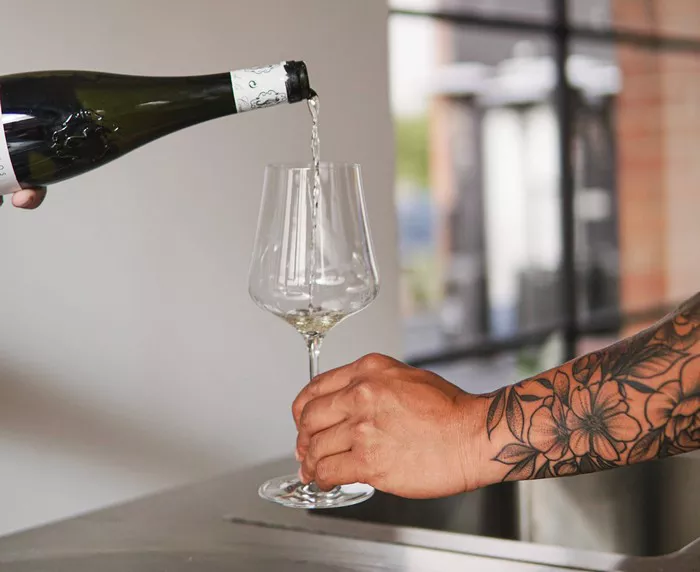The long-standing trade dispute between Australia and China, which had led to imposing tariffs on Australian wine exports, shows signs of coming to an end following recent developments in barley imports. Last week, the Chinese commerce ministry issued a notice declaring its decision to eliminate the 80.5% tariffs previously imposed on Australian barley during the peak of the bilateral dispute in 2020.
The ministry stated that the move comes in response to “changes in the market situation of barley in China,” leading to a no longer perceived need to impose duties on imported barley from Australia. As a result, the Australian government has decided to halt its World Trade Organisation (WTO) challenge on the barley tariffs, a challenge that was already suspended as China had previously committed to reviewing the measure.
This positive development regarding barley imports is seen as a potential catalyst for the removal of the hefty tariffs on Australian wine, which currently range from 107.1% to 212.1%. As of now, the Australian government’s WTO challenge on the wine tariffs remains active.
China initially implemented the trade tariffs on Australian wine in November 2020, applying charges of 107.1% to 212.1% on wine exports (varying by company). In March 2021, these rates were increased to 116.2% to 218.4%. The punitive export sanctions had significant financial consequences, causing AUD$2.08bn worth of losses in Australian wine exports for the year ending on 30 June 2022.
Regarding the recent progress on the barley issue, spokesperson Farrell expressed the government’s intention to use the resolution process as a “template” for addressing the wine dispute. He emphasized the preference for resolving all disputes with China through dialogue and discussions, rather than resorting to disputation.
The Australian government now expresses confidence in its WTO case on wine and other remaining trade barriers, which include red meat and lobster. In November, a positive step towards normalizing relations occurred when Australian Prime Minister Anthony Albanese met with Chinese President Xi Jinping, marking the first time leaders from both countries had convened in six years. This meeting raised hopes that the restoration of cordial relations could lead to China lifting its punitive tariffs on Australian wine. Additionally, China lifted an unofficial ban on Australian coal in January, further hinting at a potential thaw in trade tensions.


